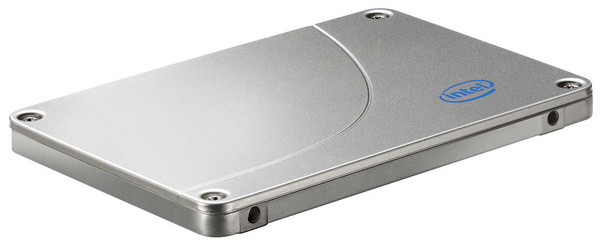What is SSD Technology ? Solid State Disk Drives are plug and play computer hard drives that make use of non-volatile NAND, DRAM or Eprom memory. With a smaller, lighter and more compact footprint, no moving parts to wear out and blazing fast response time from their onboard CPU’s these drives are slowly but surely relegating larger and slower Hard Disk Drives to the garbage bin of computer evolution.
SSD vs HDD : The Advantages
SSD’s have a number of advantages that make them technically superior to Hard Disk Drives :
SSD’s have a number of advantages that make them technically superior to Hard Disk Drives :
- Computer start-up time: Spin-up time is instantaneous, computers start almost immediately as there are no moving parts to slow down the process.
- Random access times are blazingly fast–again this is due to the lack of moving parts and the onboard CPU.
- Heat issues are one of the biggest killers of HDD’s. SSD’s generate much less heat.
- SSD’s are quieter than HDD’s
- Solid State Disk Drives are more reliable, they can’t breakdown due to having no moving parts, they can operate in environments where Hard Disk Drives cannot
By itself, a single NAND, DRAM or Eprom memory chip would do little to improve the performance of a computer but combine a number of these chips with a small CPU and an internal power supply and they become an extremely fast drive ideal for storing large amounts of data.
DRAM and Eprom memory chips are the same chips computer makers use for a desktop or laptop computer ram and as everyone knows, when the power goes off everything stored in their memory is lost. Fortunately, SSD’s that use these chips require very little power to maintain the contents of their memory and a small power supply incorporated in each disk serves to retain the data stored on the chip.

Performance And Use
Solid State Disk Drives are actually an ordered array of chips tied into a single, small CPU and all working on different parts of the same program. As such, they are very fast and were first used by the military and by organizations such as NASA. Their speed and capabilities make them perfect for use in devices and installations that are always on such as servers, datacentres and large array computers.
And, as computer chip makers have made great strides in their production of these chips, prices have dropped enough that these chips have come to the attention of graphic, video and website designers, IT professionals and power users who have found them ideal for boosting the speed and capabilities of their desktop computers.
Will SSD’s Replace the Hard Drive?
Yes! As a specialized drive for servers, datacentre computers and for compact computers need large amounts of raw computing power and speed, the SSD performance says it all: it is a lighter, faster, tougher, smaller and more suitable replacement than currently marketed Hard Disk Drives. Their lower power requirements and other advantages over their energy-hogging competitors make them ideal for use in corporate applications and by IT Professionals and other power users Bottom line; The HDD may not be extinct but it soon will be.
Yes! As a specialized drive for servers, datacentre computers and for compact computers need large amounts of raw computing power and speed, the SSD performance says it all: it is a lighter, faster, tougher, smaller and more suitable replacement than currently marketed Hard Disk Drives. Their lower power requirements and other advantages over their energy-hogging competitors make them ideal for use in corporate applications and by IT Professionals and other power users Bottom line; The HDD may not be extinct but it soon will be.
No comments:
Post a Comment